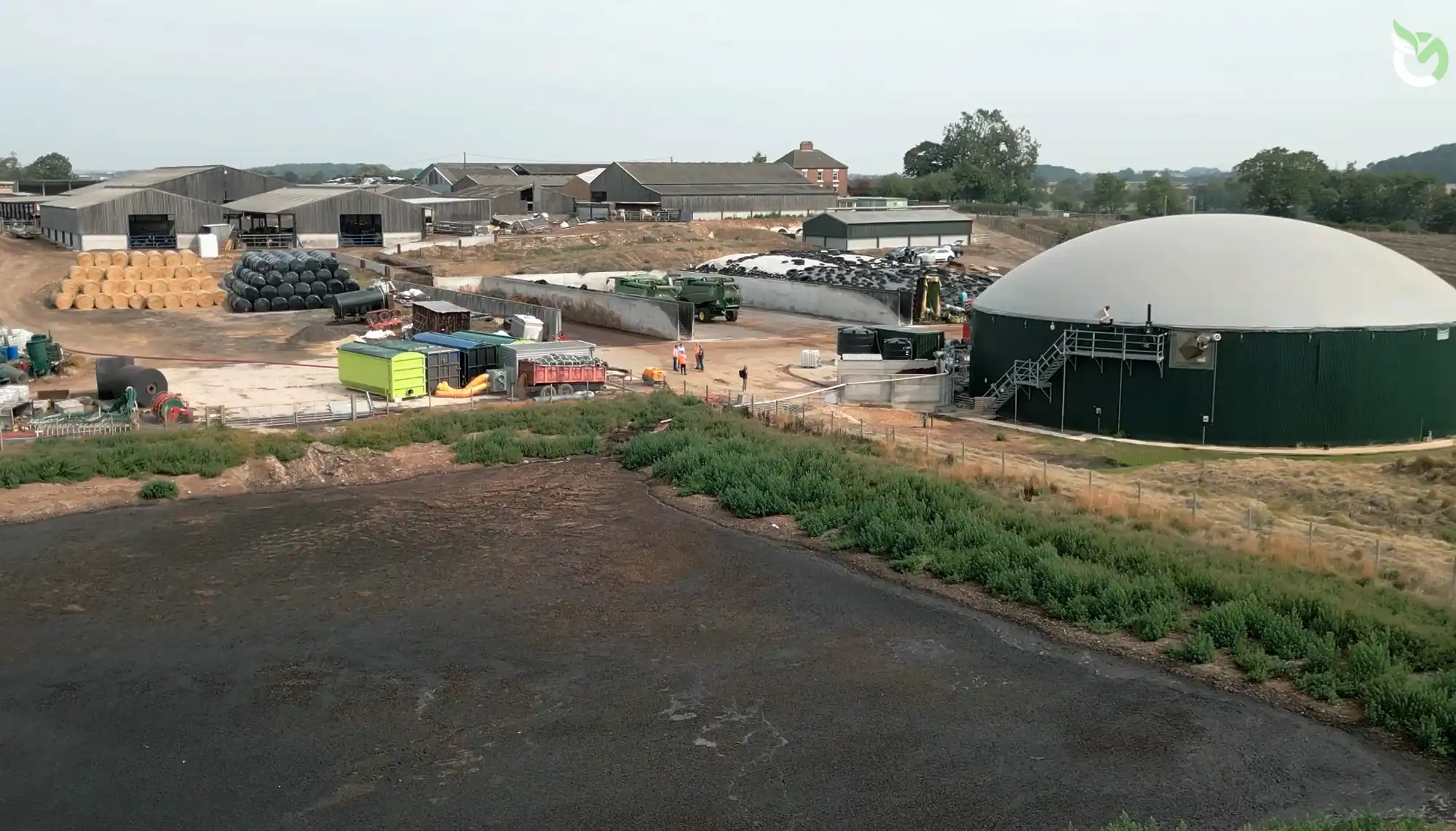What is biochar and how can it play a role in the circular economy?
Learn more about what biochar is, the wide variety of uses of biochar, as well as how it offers a circular solution.

Project successes
Danya Maree, Chemical Engineer at Onnu
You’ve heard us going on and on about biochar. But what actually is biochar and what makes it so unique?
What is biochar?
Biochar is a carbon-rich material similar to charcoal, which is produced through the thermal decomposition of organic materials such as wood, corn husks and straw, algae, manure, food, and various other biomass wastes. We can think of biochar production as an accelerated version of coal produced naturally by underground biological matter decay – except instead of taking millions of years, it only takes a few seconds.
This method of thermal decomposition is called pyrolysis, which involves heating the material to temperatures typically above 600°C, in an oxygen-deprived system. It differs from combustion in that it produces far less carbon dioxide, and instead leads to valuable products such as syngas (primarily hydrogen and methane, which are both high-energy fuels), wood vinegar, recoverable solvents and petrochemicals, and biochar.
How does biochar remove CO2 from the atmosphere?
Biochar is a means of sequestering large amounts of carbon. Why? Biomass contains carbon which has been absorbed by plants through photosynthesis. By way of pyrolysis, the same carbon that would otherwise have been released into the atmosphere as methane or carbon dioxide through land spreading, landfilling, incineration and decay of the biomass waste, is instead captured in biochar.
What can biochar be used for?
As well as removing carbon from the atmosphere, biochar has a number of uses. Also referred to as “Black Gold”, biochar is exceptionally useful for a variety of applications that circle back directly to biomass waste-producing industries.
Biochar is best known for its high surface area and adsorbent properties, and has incredible benefits when used as follows:
When applied to farming or grazing soils: biochar increases soil water and nutrient retention, cation exchange capacity, enhances soil pH, and notably increases crop growth.
When used as a livestock feed additive: biochar reduces methane emissions by absorbing methane produced in the animals’ gut.
When biochar undergoes steam activation: it can be used to purify water, air, gas, pharmaceutical, and food and beverage products.
The production of biochar offers a circular solution which is beneficial for local economies and sustainable development. Pyrolysis offers a waste solution, while also reducing the need for chemical fertilisers. Moving away from landfill waste solutions and carbon-intensive chemical fertilisers offers further emission reduction benefits, as well as improving biodiversity and creating local jobs.
If you would like to find out more about Onnu’s biochar mission, please get in touch here.



